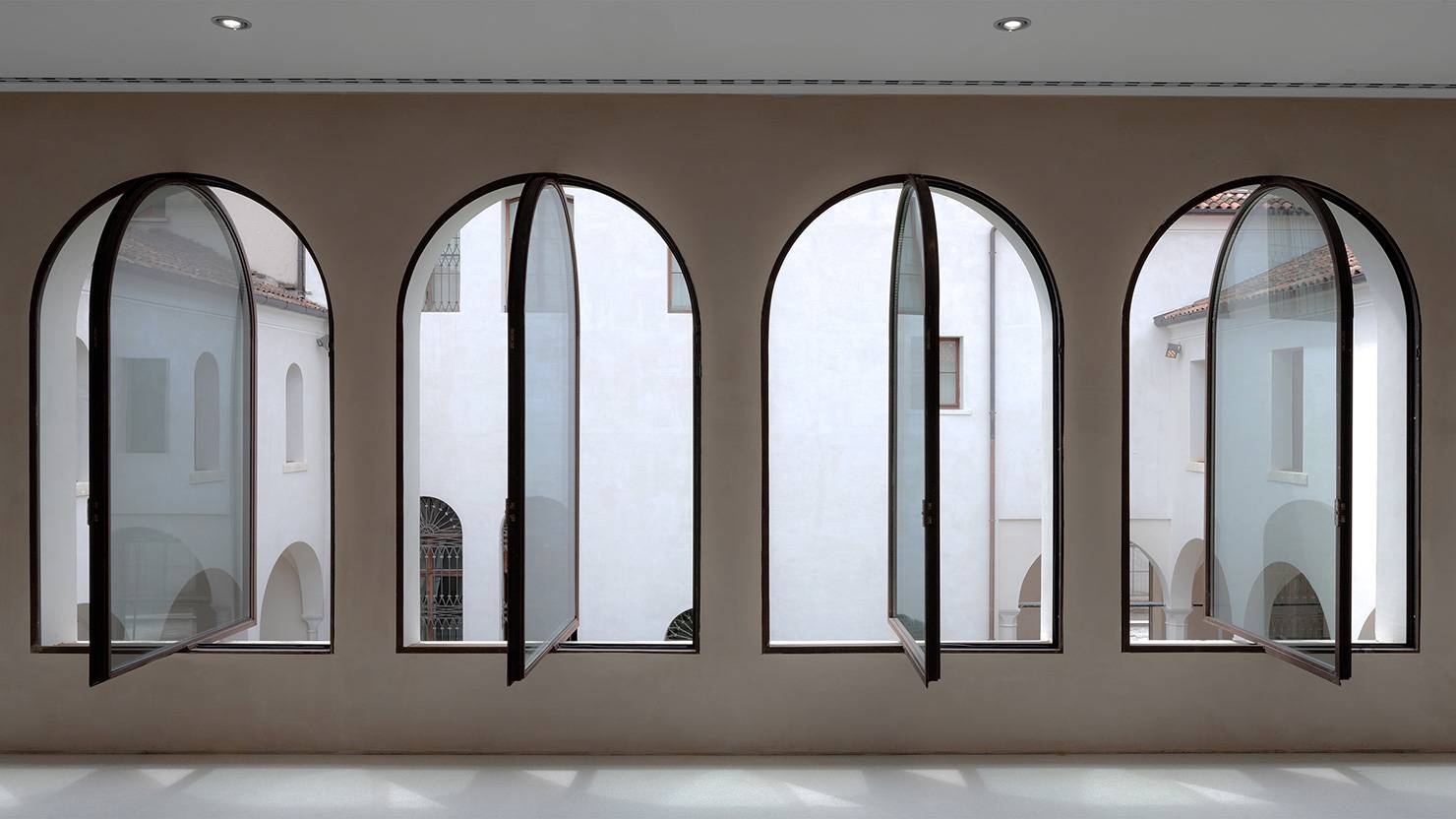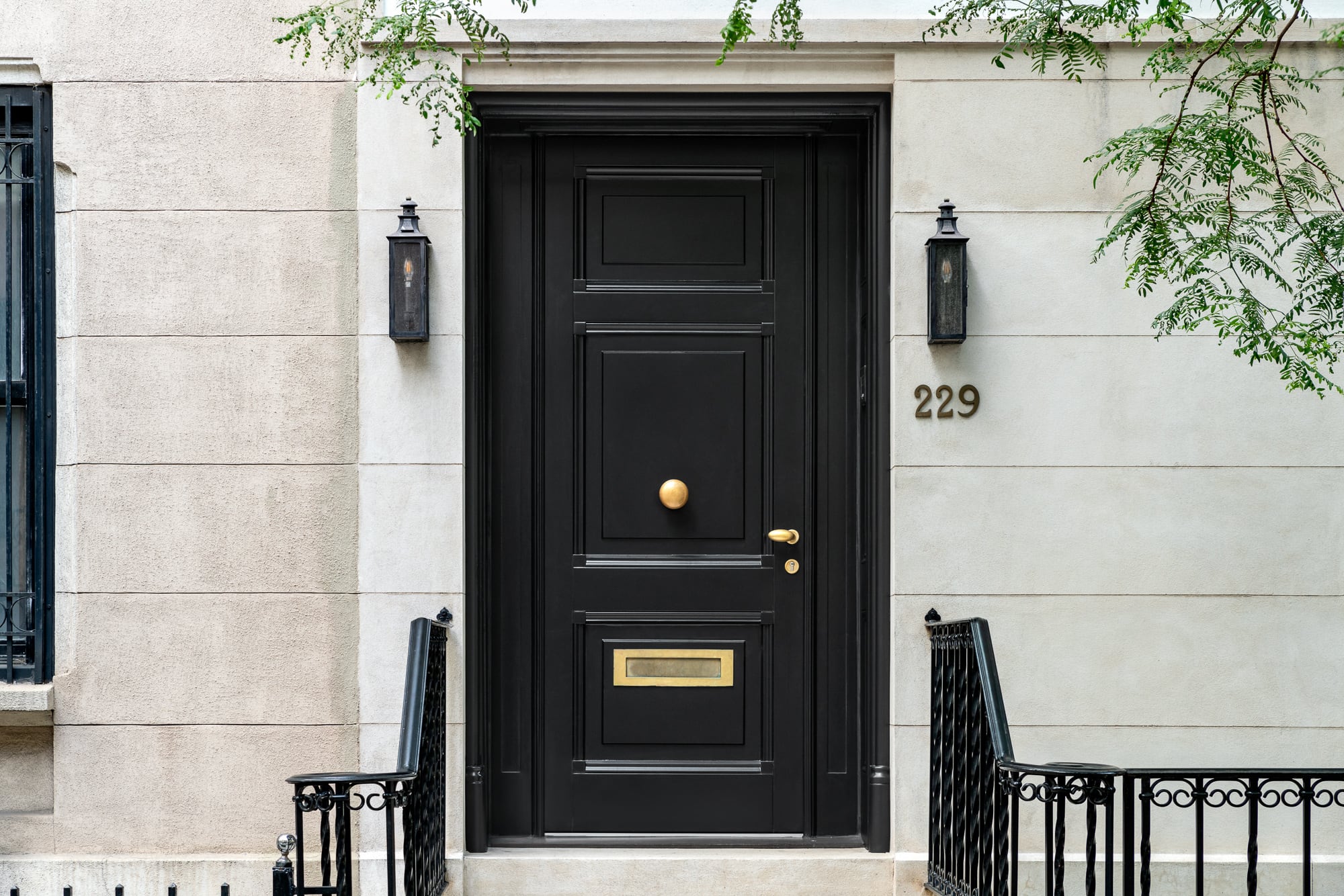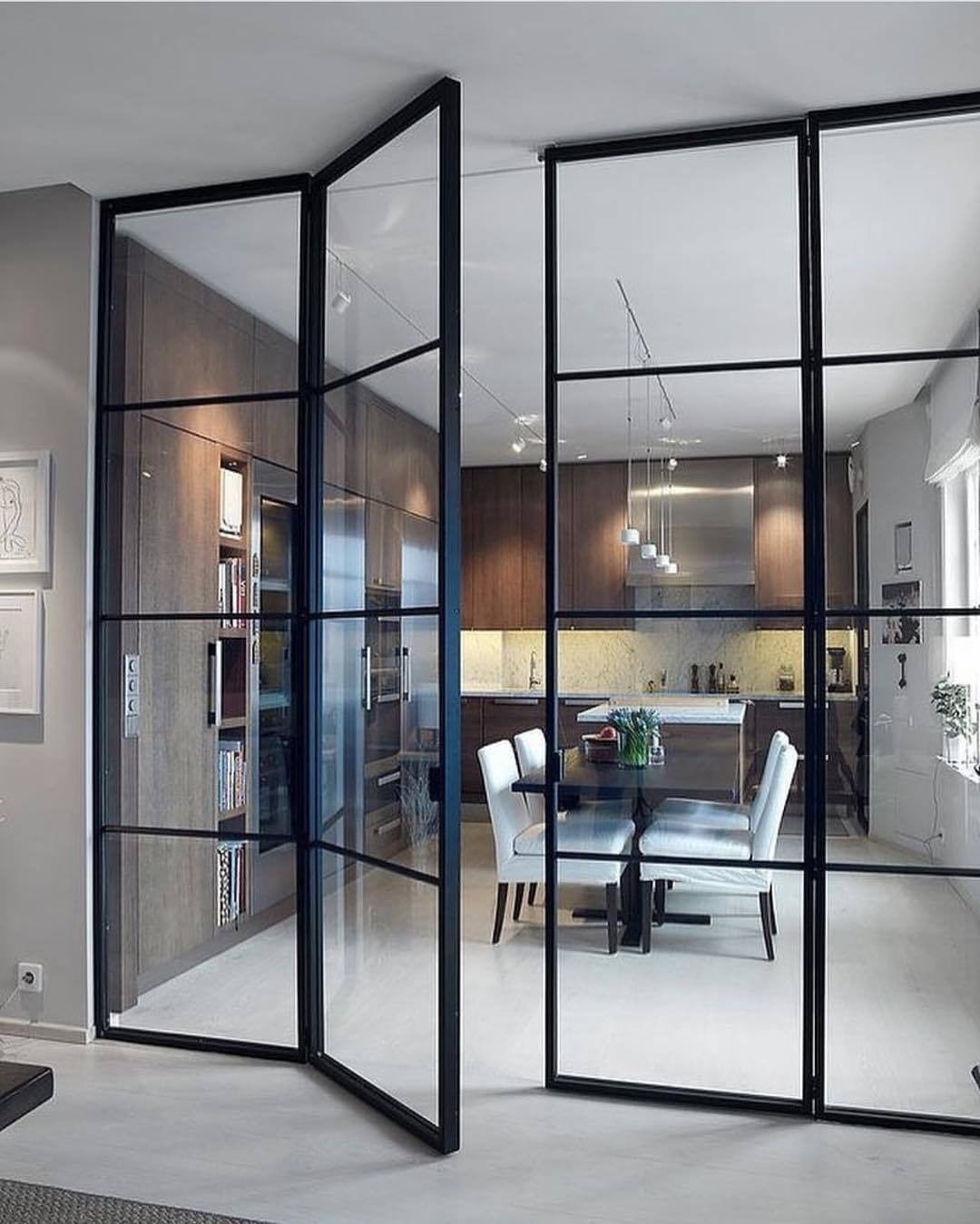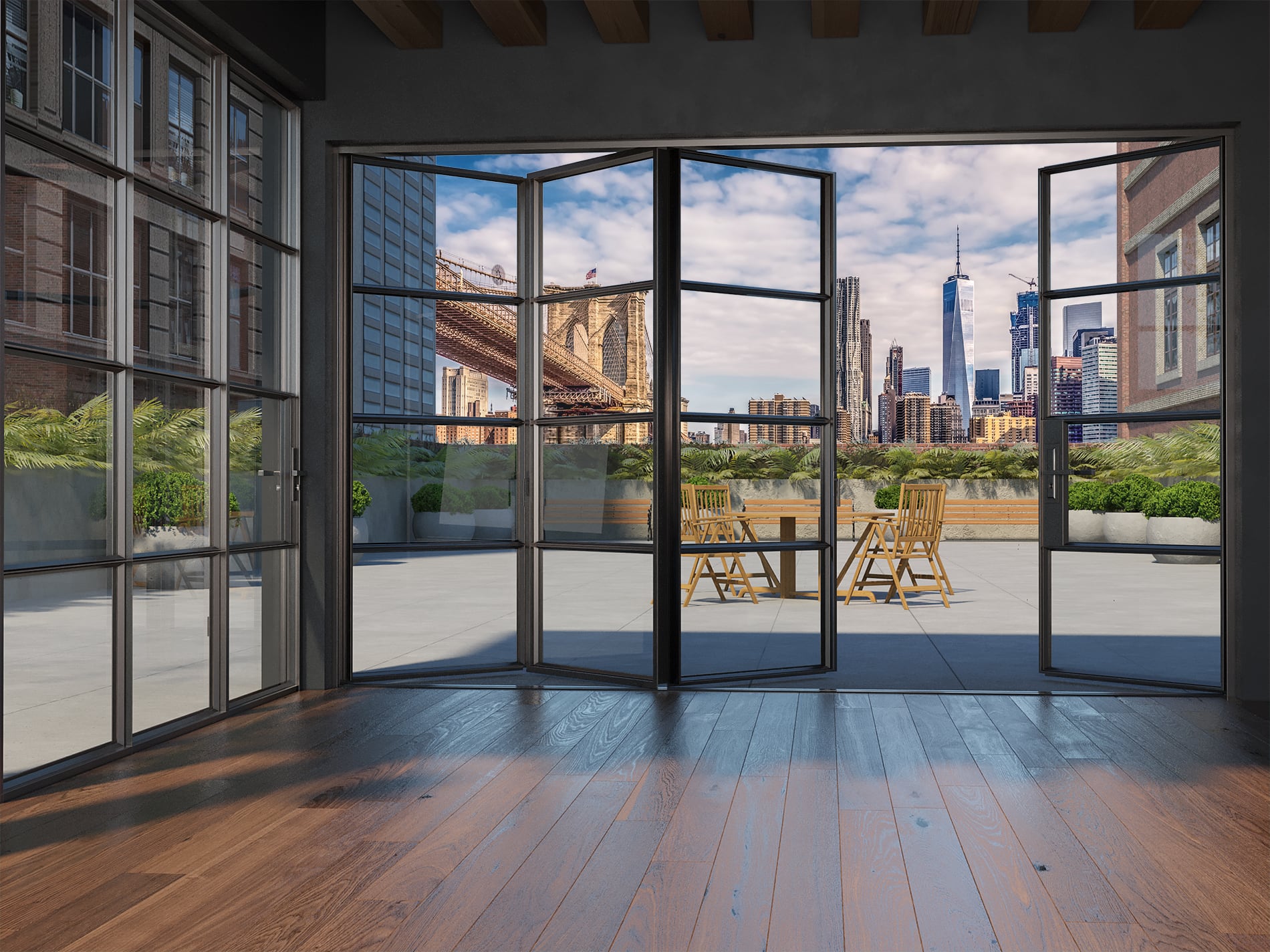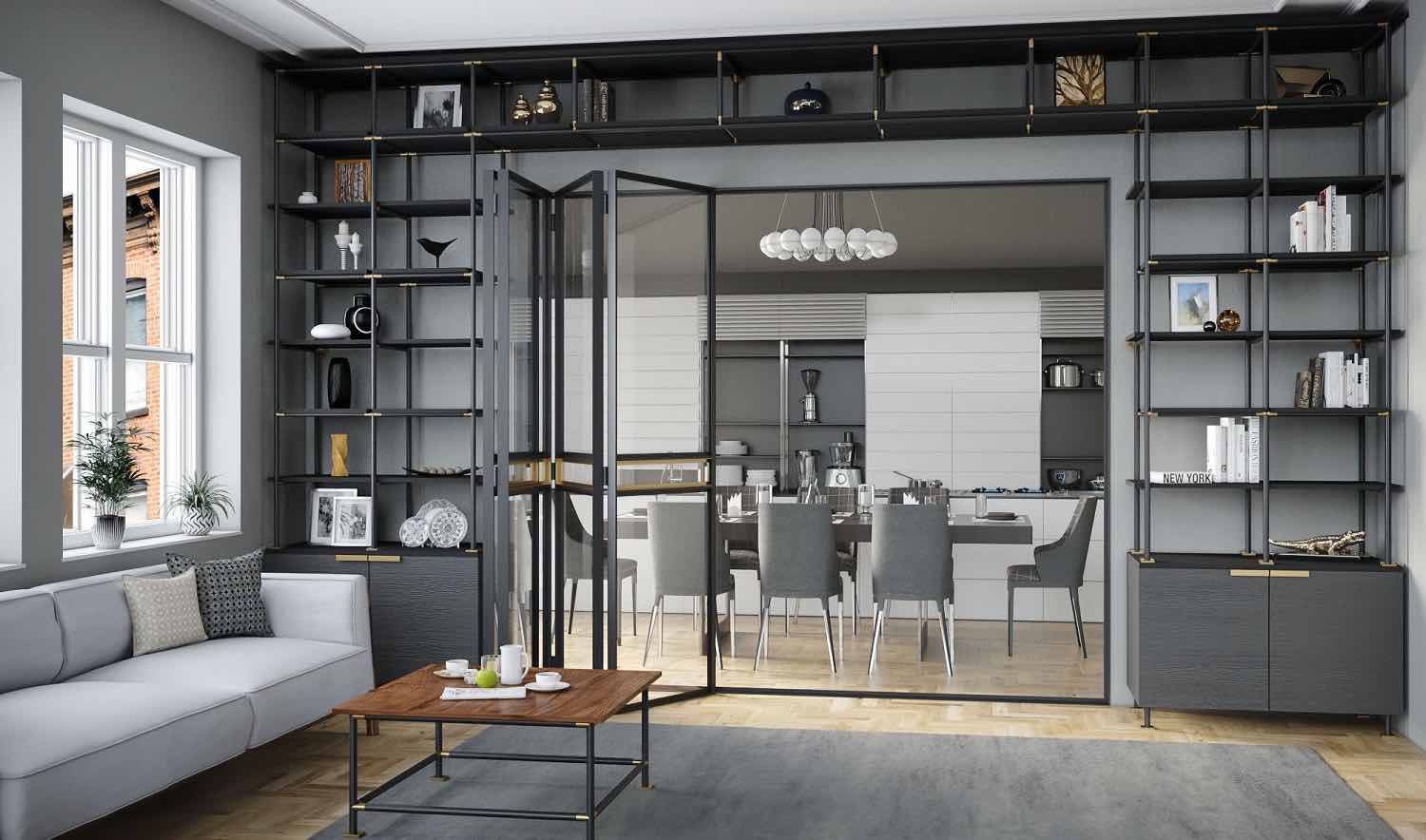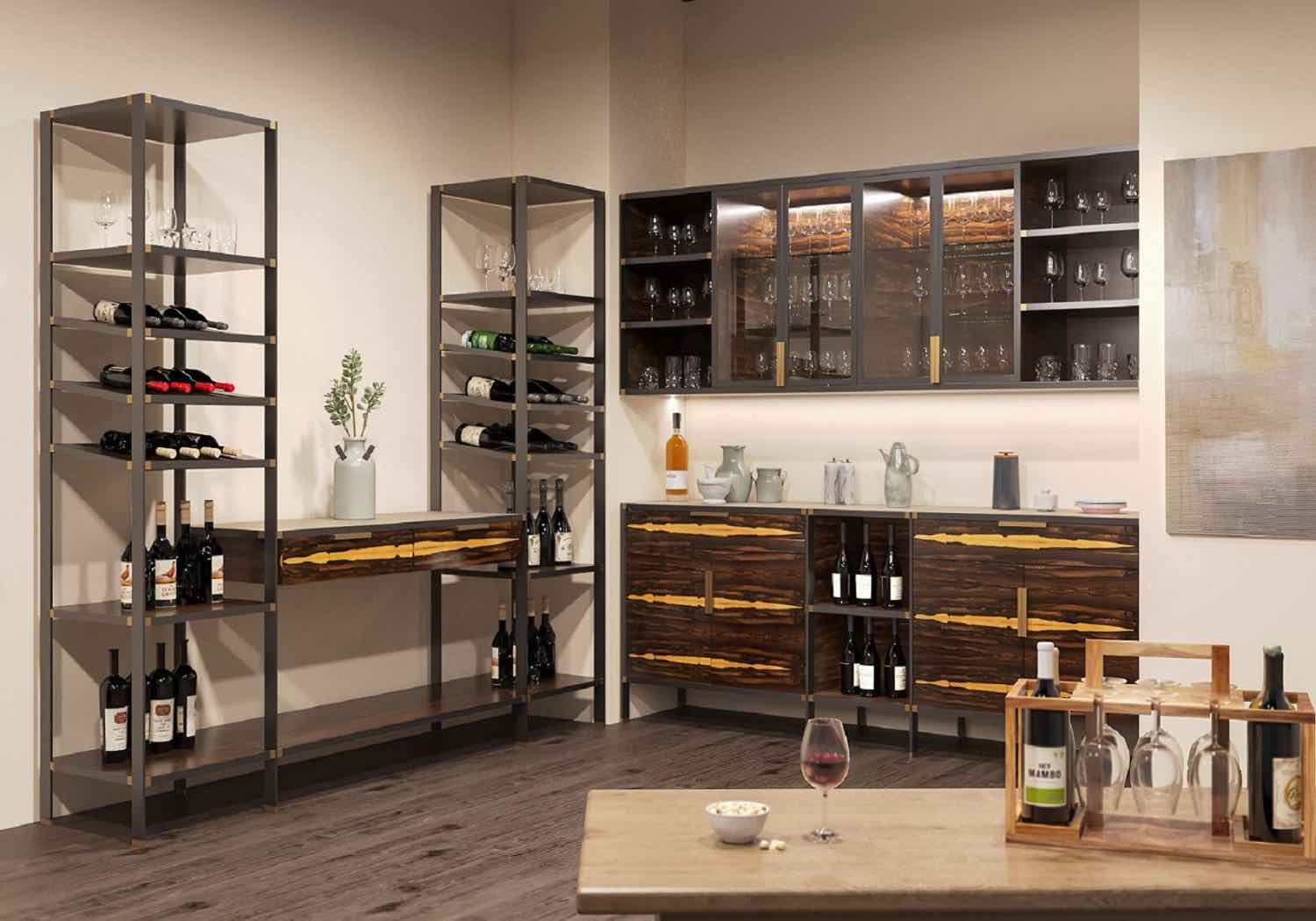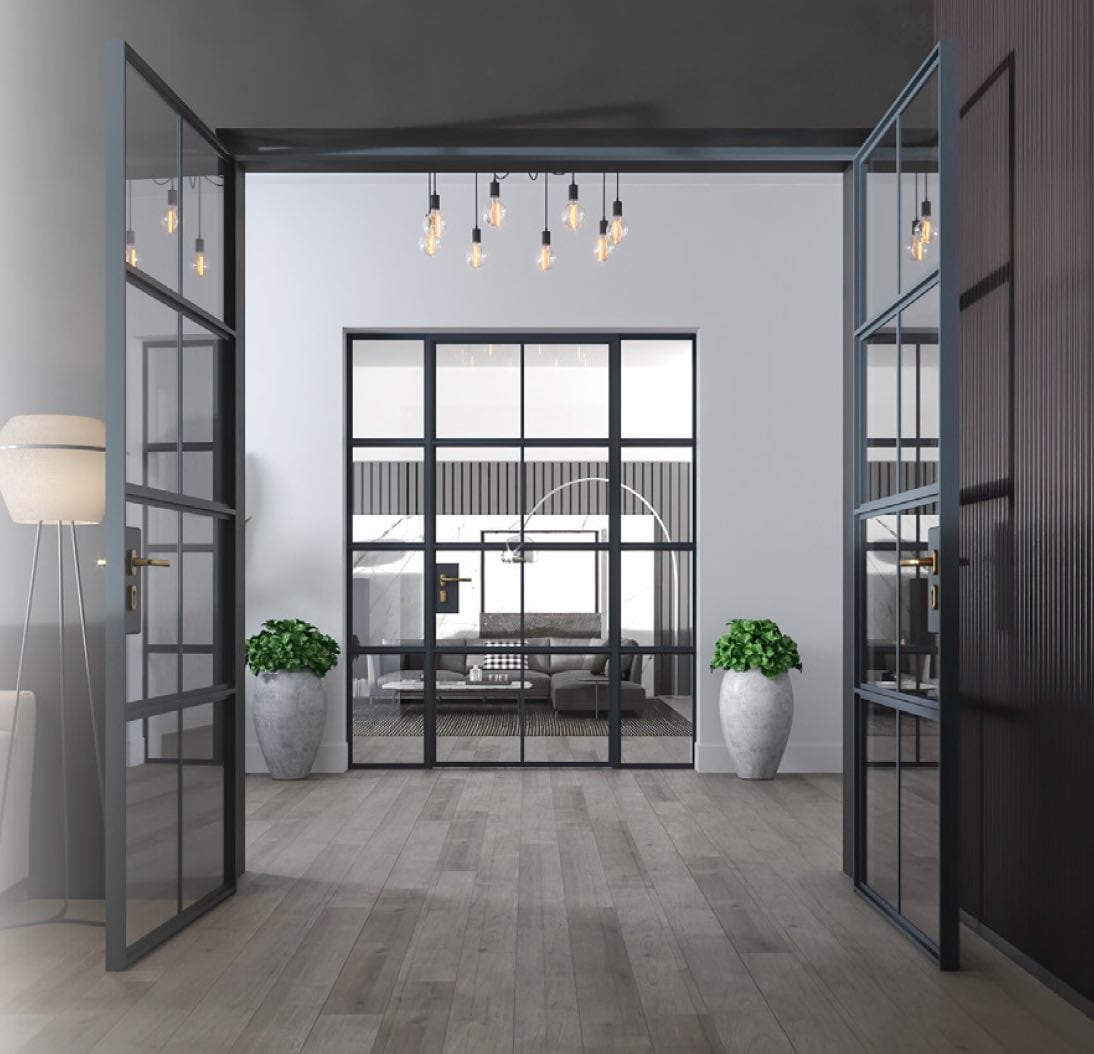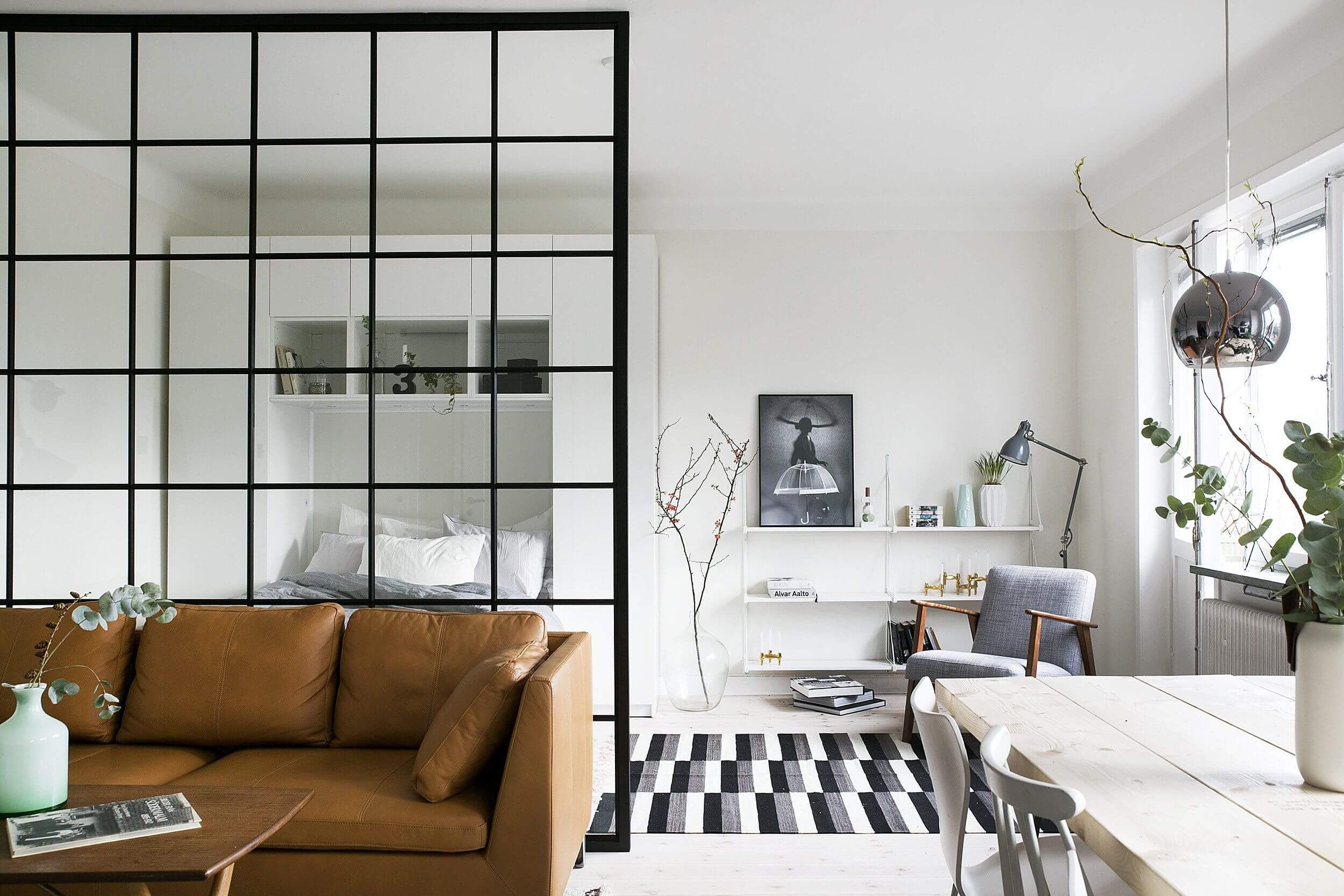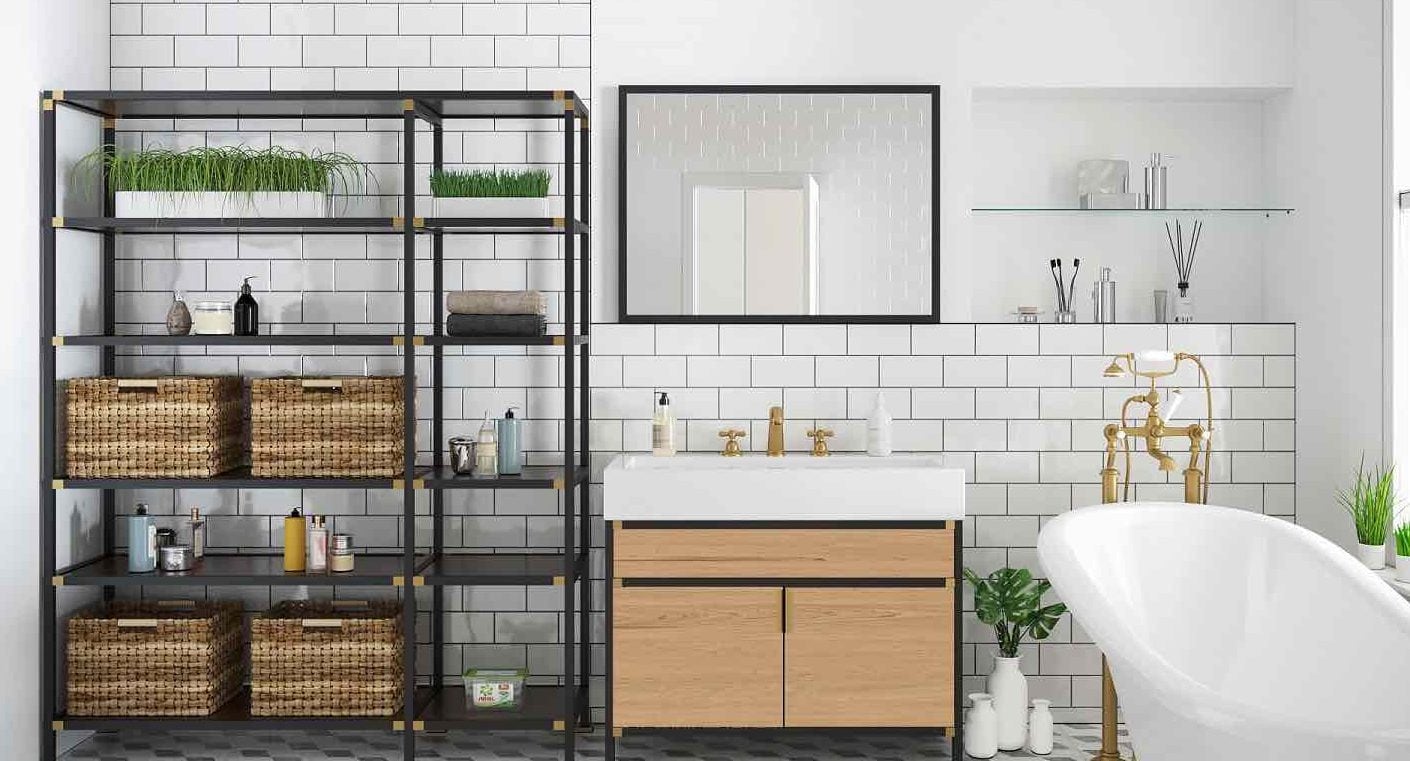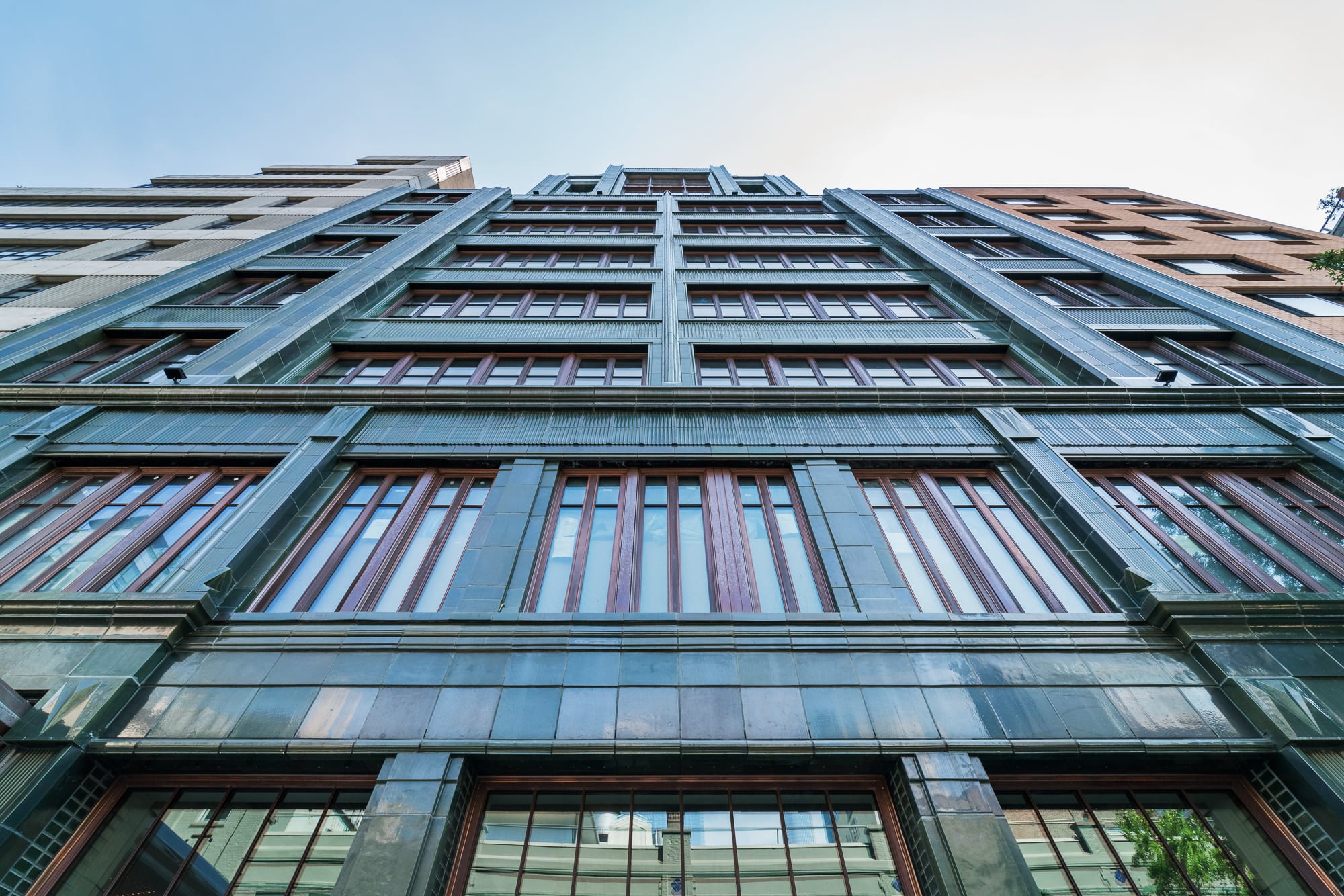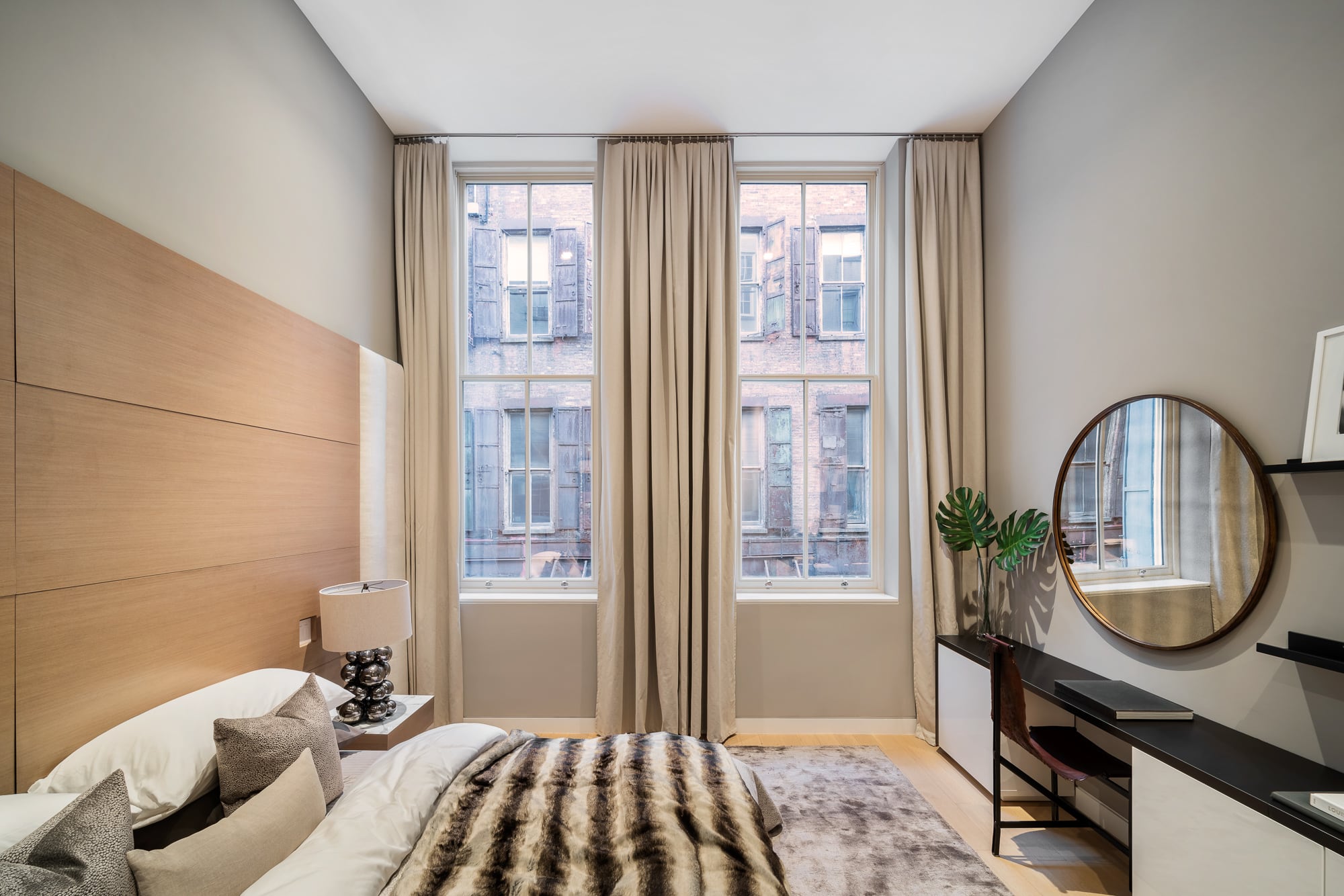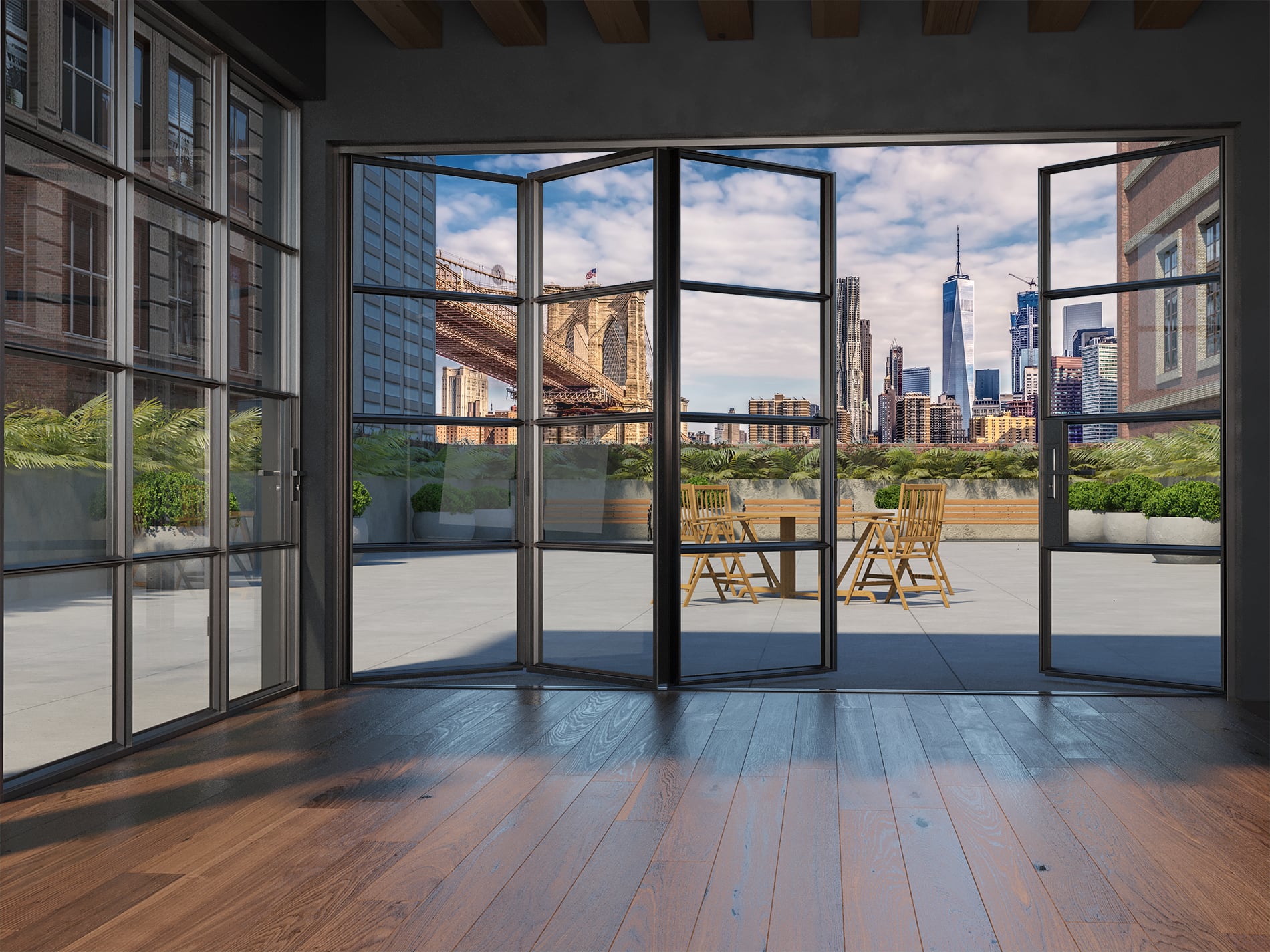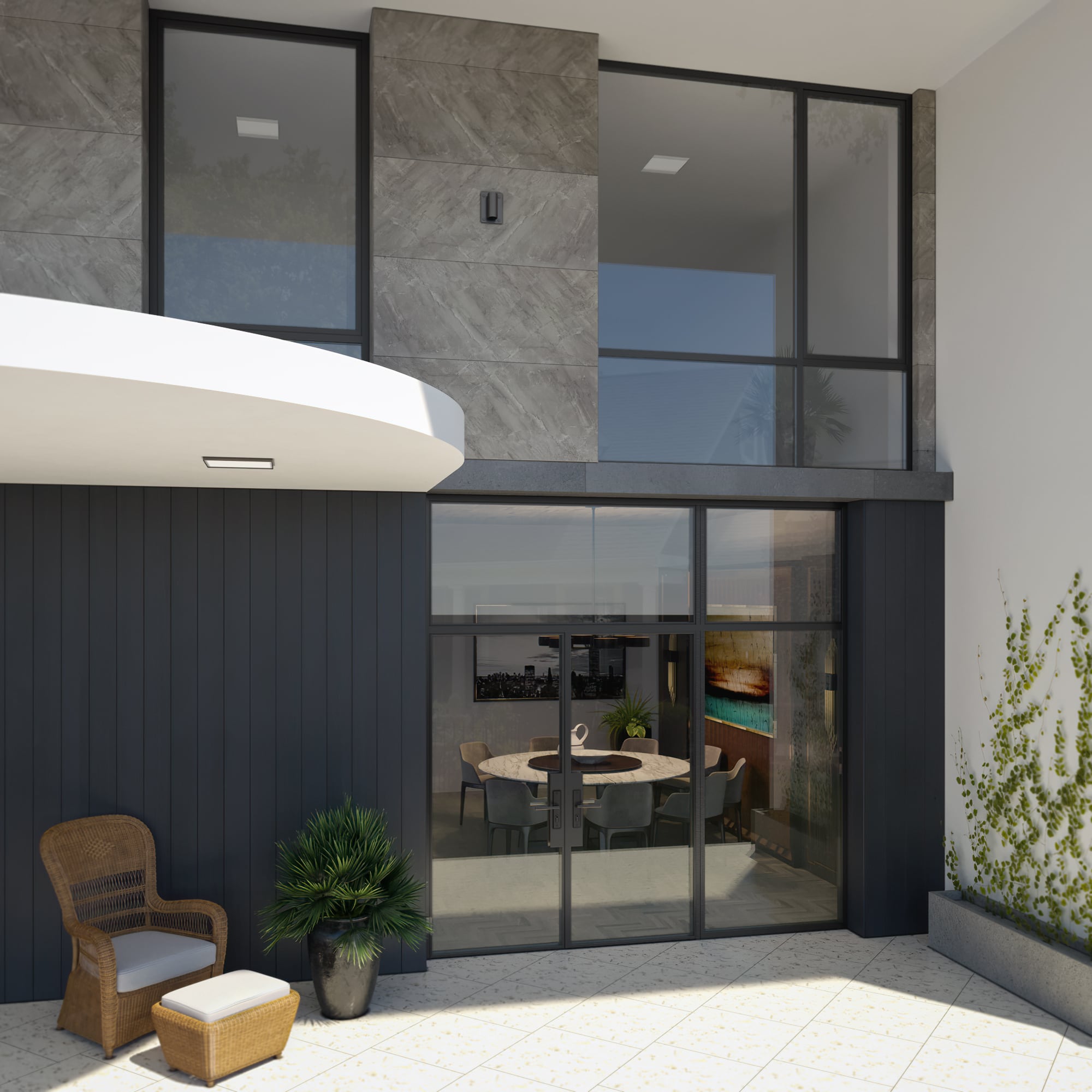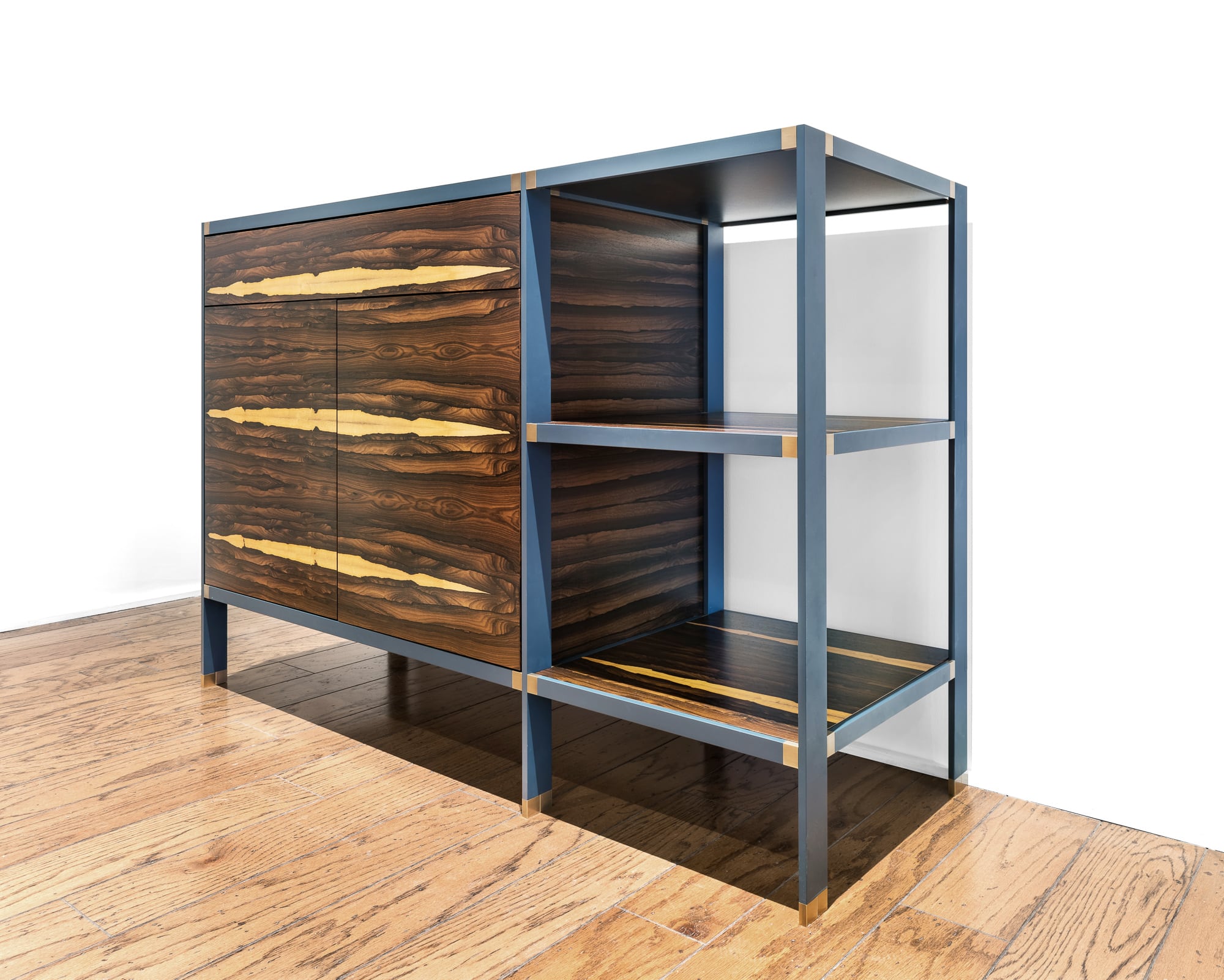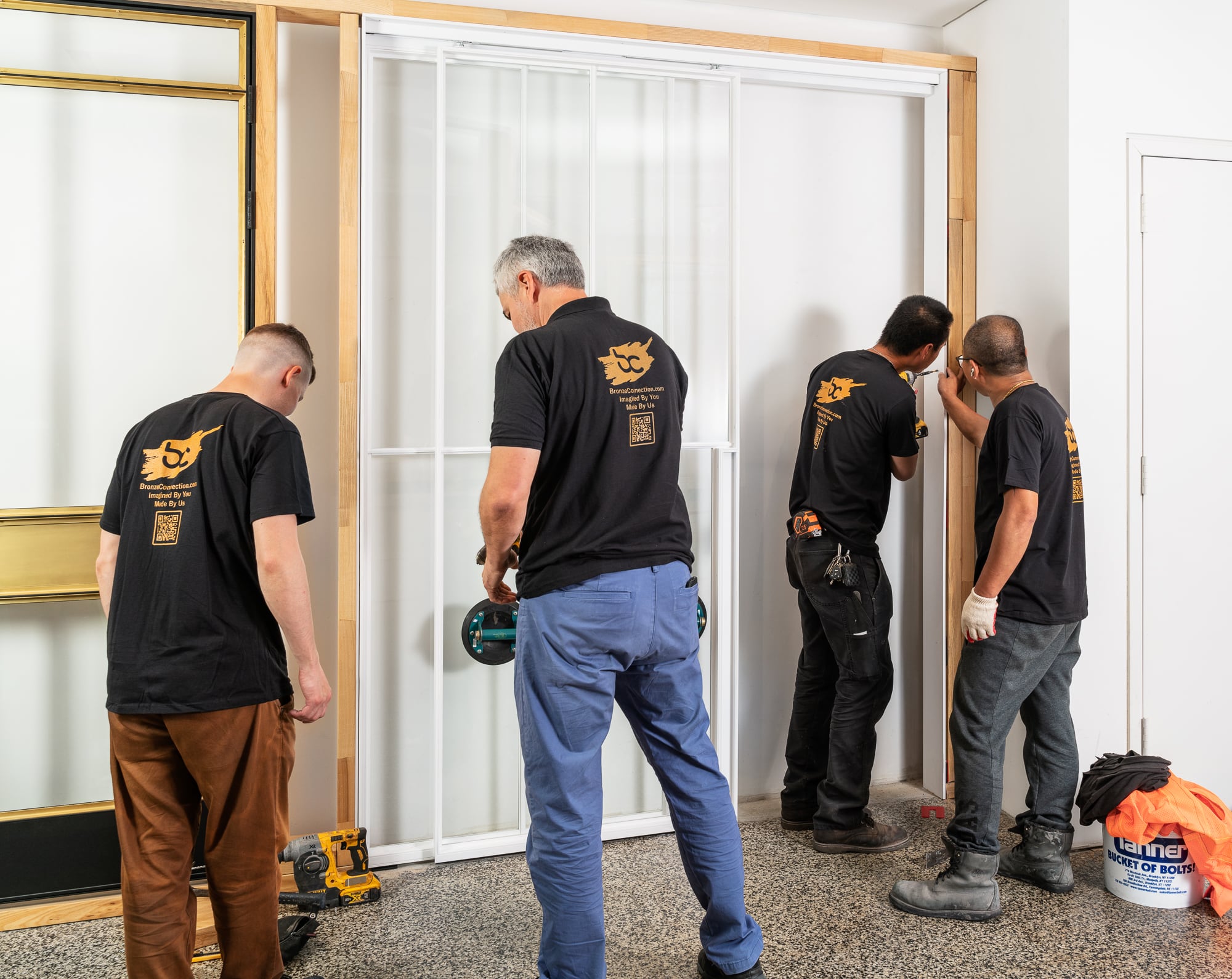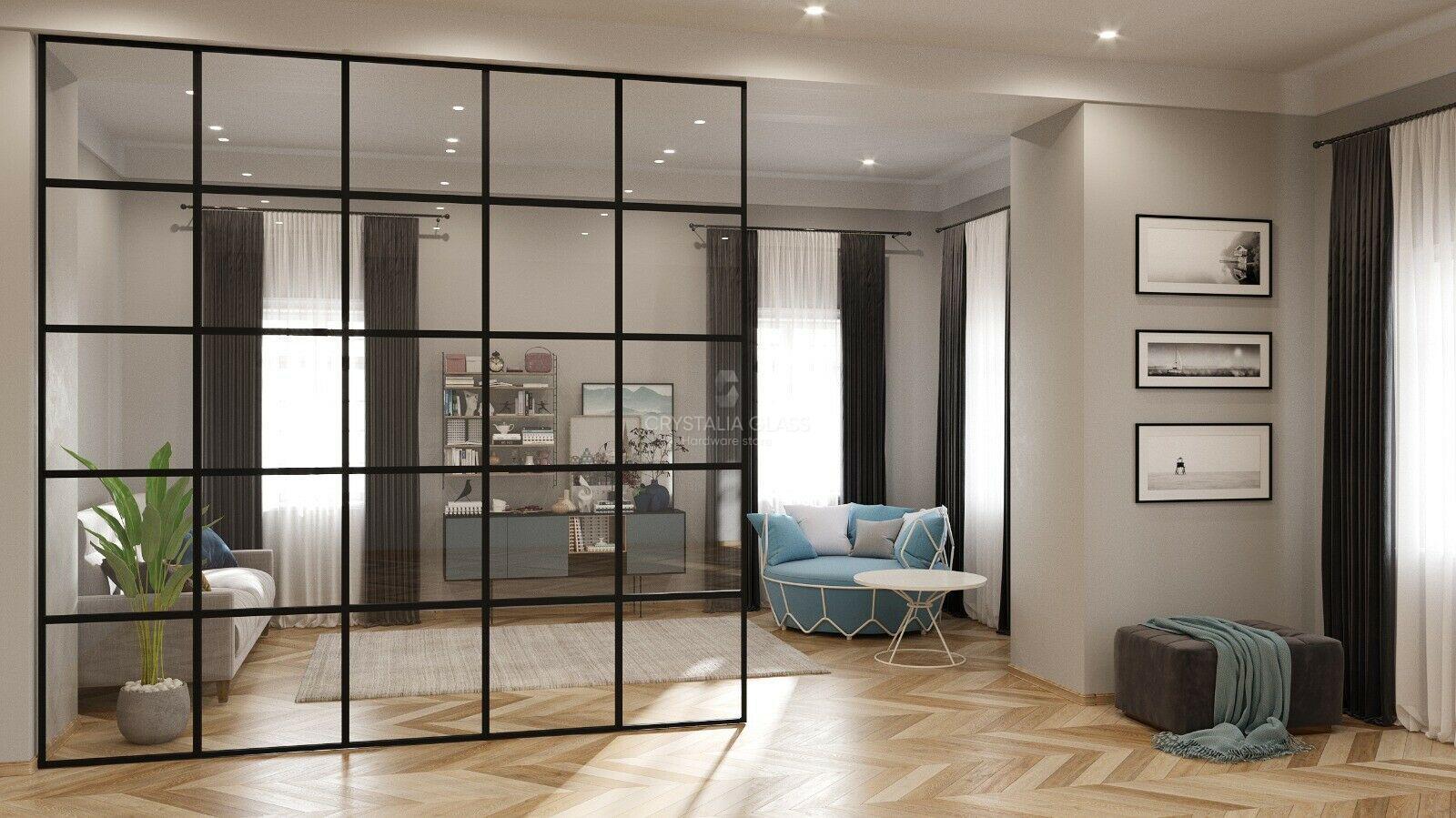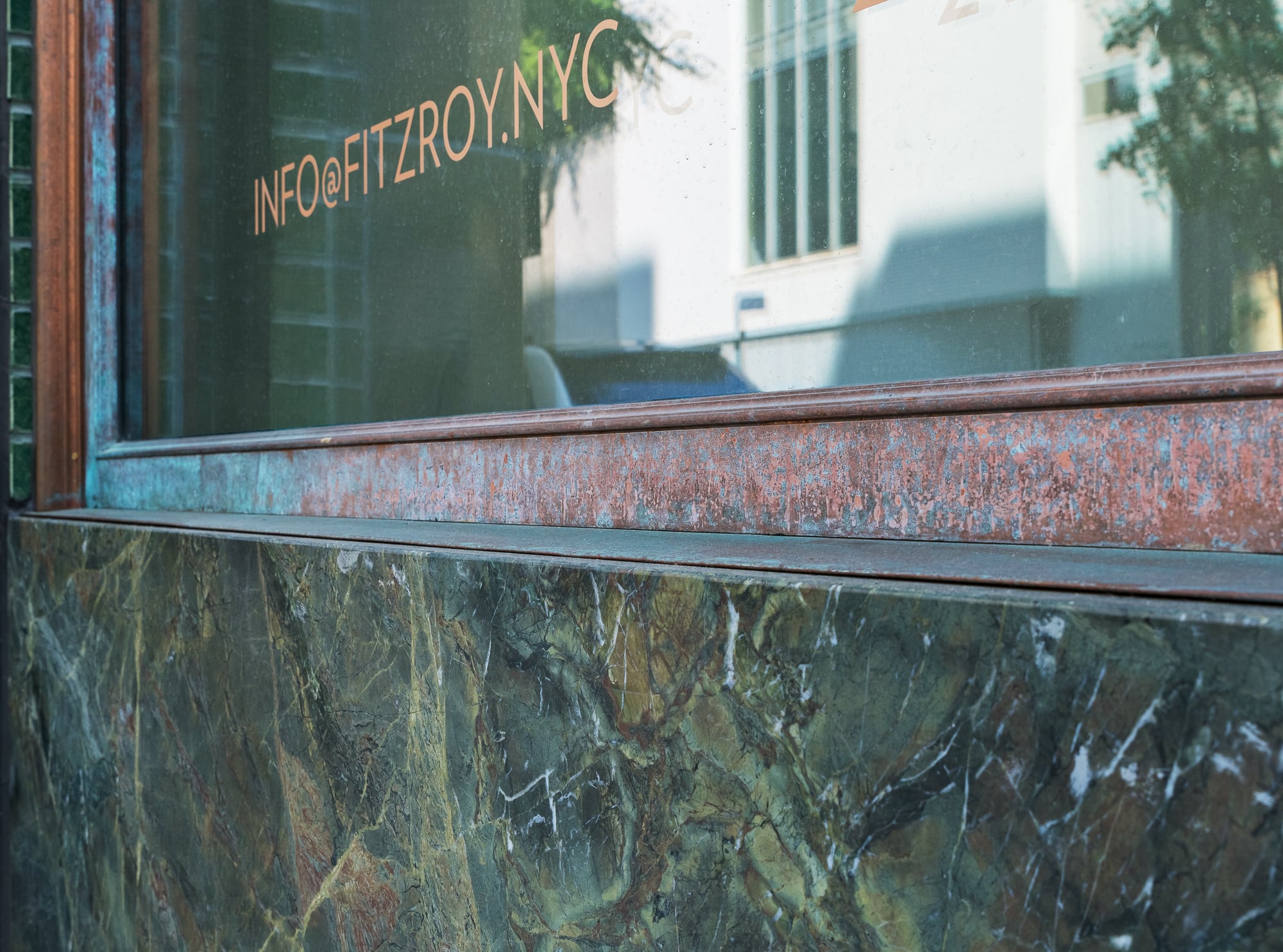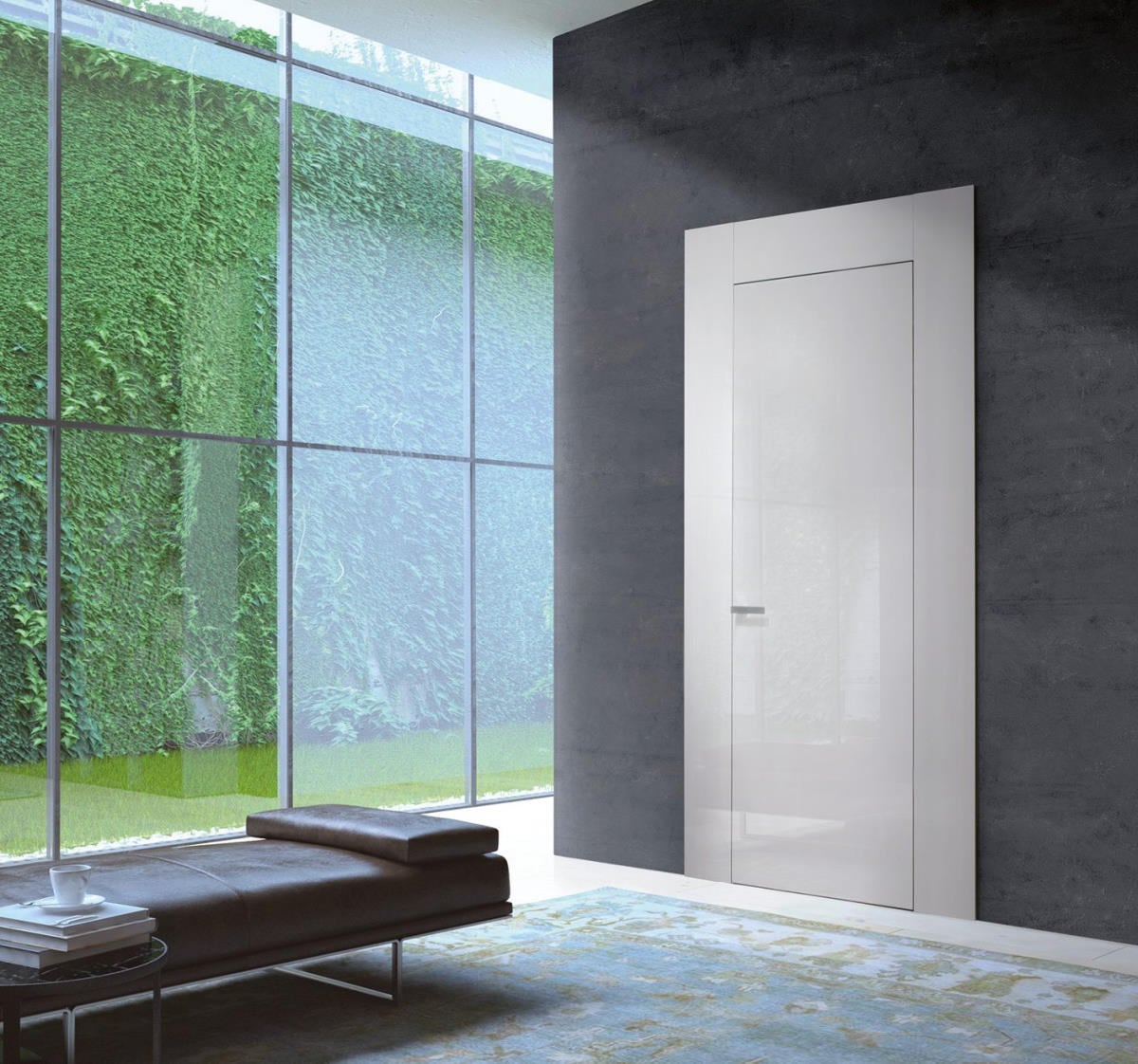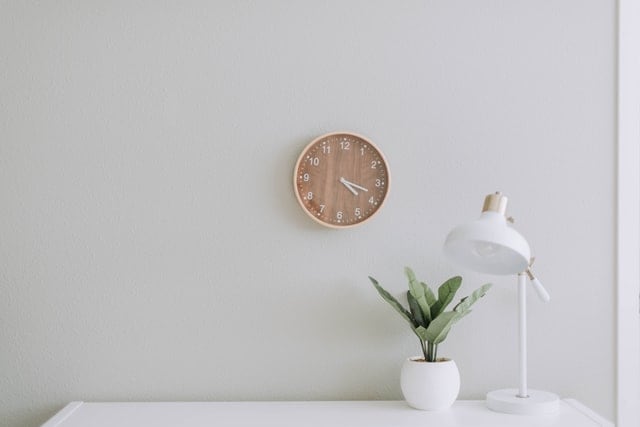How To Choose The Right Windows For A Coastal Property
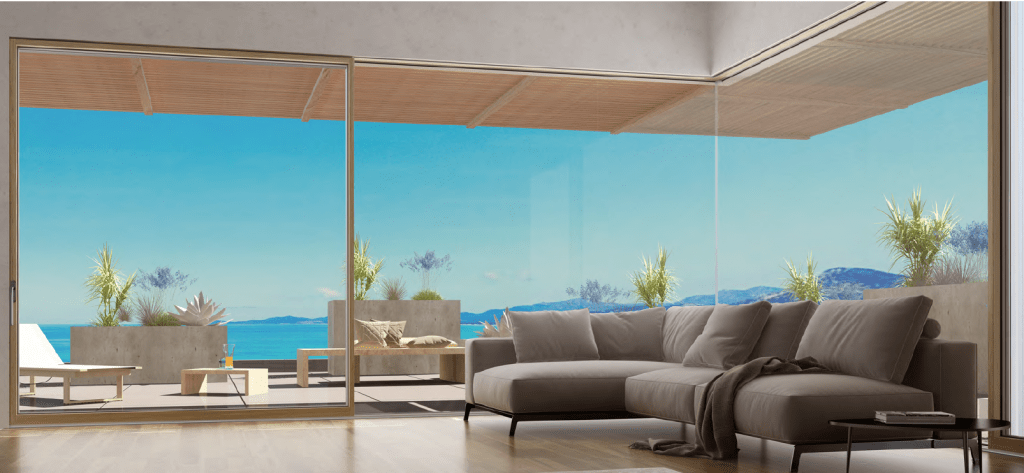
No matter where you are in the world, there are few things more impressive than a view which looks out over the water. Whether it’s a new, multi-story development presiding over the New York Bay, or a Hamptons Summer House which faces out on the Atlantic Ocean, there is something undeniably appealing about being close to the water. In order to make the most of the coastal views, good windows and doors are a must.
However, when choosing windows, there are certain additional environmental factors one needs to take into consideration. And because no two regions are alike, it’s important to fully consider what you will need your windows to do. These factors include everything from choosing the right materials, to more environment-specific questions such as whether or not you might need impact-resistant glass. We’re going to look at some of the most common concerns architects and homeowners have when choosing windows and doors for coastal and maritime properties.
Choosing The Right Material
We have been selling our windows all across the North East for over a decade now. This means that we’ve thought a lot about how windows can be impacted by their environments. And, as we’ve mentioned, from the presence of saltwater and high winds, to the distance your property is situated from the water, all of these factors greatly impact the kind of windows you need. It will also seriously impact their performance over time.
For example, windows designed to withstand the saltwater air found in coastal regions would be unnecessary for a property situated near a river or next to a lake. This is because any property within five miles of the sea exists in a coastal environment. The closer the property is to the water, the more consideration that needs to be given.
Saltwater can do tremendous damage to windows, particularly if they’re wooden windows. As the salt dries, salt crystals begin to form and wedge apart the wood from within, damaging its structure. Over time, this, along with repeated drying out of the timber due to UV rays, can do irreparable damage to the frames. Similarly, it can also be extremely harmful to aluminum and certain types of steel, if they haven’t been treated and coated properly. Below, we take a deeper look into the advantages and disadvantages of each material.
Steel
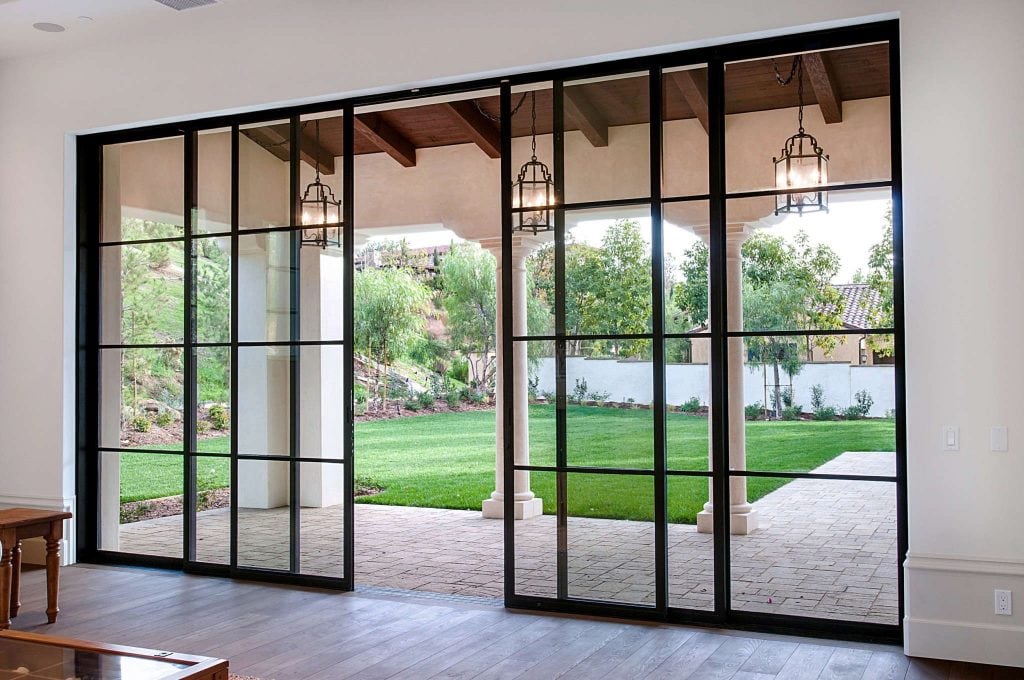
Without a doubt, Stainless steel is the most corrosion-resistant metal commonly used in coastal architecture. High-grade stainless steel will last for decades. Unlike most other materials, it won’t need regular treatment or maintenance. This is an important consideration for architects and homeowners when choosing windows for coastal properties.
There are over 150 types of steel, but the most commonly used steel for marine application is Grade 316 stainless steel. Its alloy metals—16% chromium, 10% nickel, and 2% molybdenum—ensure that it can endure physically, and aesthetically, for quite some time. The addition of molybdenum makes this grade particularly resistant to salt.
Stainless steel outperforms COR-TEN steel, which, while being a ‘weathering steel,’ is not rustproof. Stainless steel significantly outperforms carbon steel which performs rather poorly in maritime environments. That being said, carbon steel can be treated to extend its lifespan. One of the best practices is to first galvanize and then powder coat the carbon steel.
Aluminum
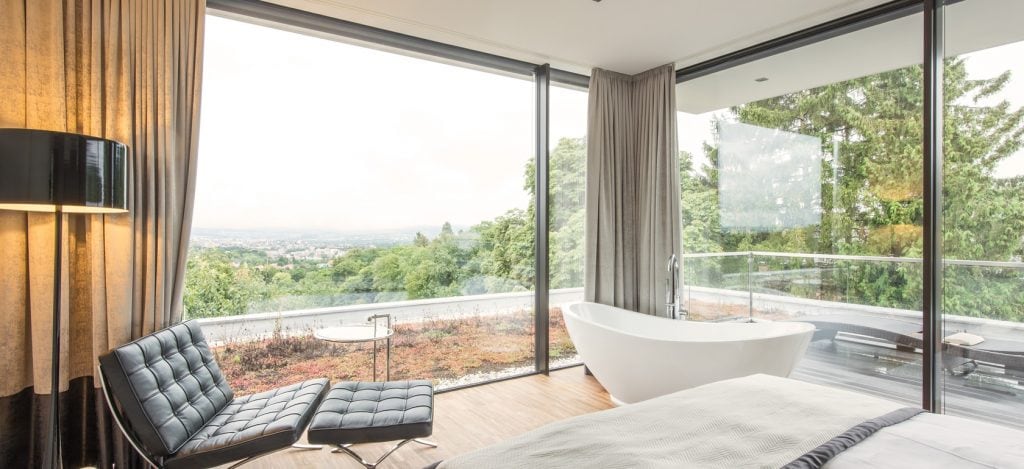
Increasingly, aluminum is a popular choice for coastal and seafront homes. While not as resistant as stainless steel, aluminum is certainly cheaper. In order to be suitable for these regions, aluminum needs to be coated for a ‘marine grade’ finish. Aluminum windows and doors can be finished in a wide range of different colors, meaning that they can complement or add some variety to your home’s facade.
There are some advantages and disadvantages to using aluminum windows. Salt, for example, can be a big problem for aluminum. It can break down the protective oxide that forms on aluminum’s defensive oxide layer. Repeated damage can cause surface ‘pitting,’ cosmetic damage. However, over time, it can cause more more serious, structural damage. Anodizing or painting the aluminum, in addition to cleaning it regularly, can help the aluminum to keep its bright surface.
As mentioned above, if you do choose aluminum windows, they will need to be powder coated. This special coating is to ensure that they can be made more resistant corrosion and moisture-resistant. For this, we recommend having the aluminum QUALICOAT-certified (which you can learn more about here). This will ensure your aluminum is coated properly.
Bronze and Copper
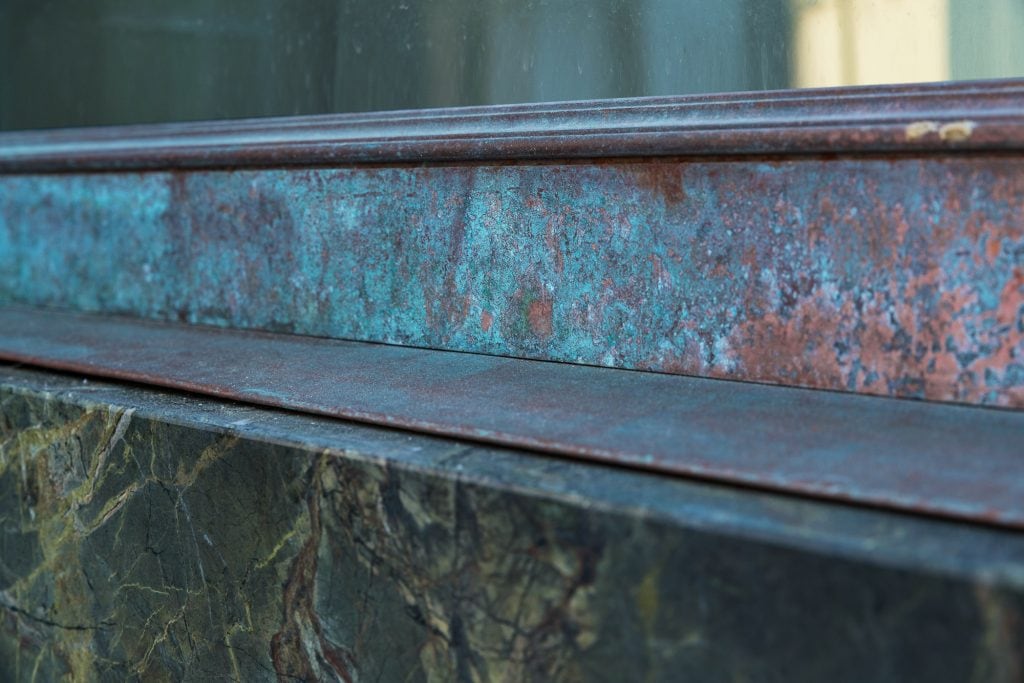
Bronze and Copper are some of the most aesthetically beautiful materials for windows and doors. Though not nearly as common as steel, wood, or aluminum, high-value metals such as bronze and copper are a stunning addition to any facade.
One of the primary reasons bronze and copper are so sought after is that both respond to oxidation much differently than other metals. Instead of becoming rusty like iron or carbon steel, bronze and copper become patinated. The process is incredibly unique and is an important factor in why people choose bronze and copper. Initially, oxidation will quickly darken the bronze. Rain, or exposure to saltwater, will do this. However, over time, bronze will begin to take on its characteristic bluish-green patina. This color will only increase over time and it is completely normal.
In fact, the outer patina–the greenish-blue layer–is what actually keeps the inner layers from deteriorating. In this sense, the patina is a self-protecting mechanism. Not only will your windows and doors be protected from the elements, they will age gracefully, too.
A variety of alloys and processes can be used to achieve a desired look with bronze and copper. They will also help determine the response it will have to a saltwater environment.
Image: The Fitzroy in Manhattan
Wood/Wood Clad
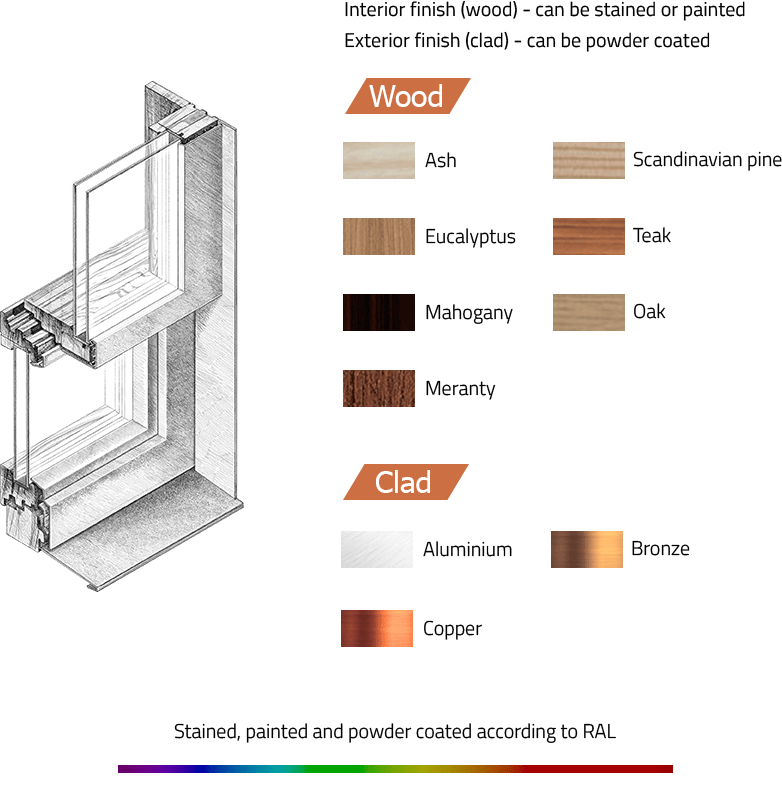
Despite certain shortcomings, wooden windows and doors remain a popular choice for coastal and seafront properties. Classic for a reason, wood, if taken care of properly, can be a beautiful addition to any property. Wooden windows and doors can be easily painted to match or complement a property’s facade.
As a material, however, wood is highly porous and susceptible to damage from moisture, saltwater, wind, warping, and drying out from UV rays. Untreated, unstained, and unpainted wood can be quickly and irreversibly damaged in a short period of time. All of these factors mean that wood is less than ideal for coastal and seafront properties. However, if the wood is properly treated and painted, it can be made significantly more water-resistant.
To get around this, more and more homeowners are opting for wood-clad windows and doors. Cladded windows and doors are wooden windows and doors which have been fitted with a metal covering on their exterior. The covering, or cladding as it is known, improves the wooden windows’ and doors’ resistance to the elements.
Essentially, this means that you get to have all of the benefits of a durable material such as aluminum (or copper or bronze). On top of this, you are able to enjoy the look and feel of wooden windows inside your home. One of the biggest reasons customers go for cladded windows is for longevity. Particularly for the building’s facade. As a result of this, there is an array of design possibilities and color combinations for your home’s interior and exterior. Simply put, cladded windows and doors give you the best of both worlds.
Here at Open Architectural Windows and Doors, we exclusively use welded cladding. This creates windows which are completely flush and exceptionally slim. For more on cladded windows and doors, see our recent article here.
Unique Concerns For Coastal Windows and Doors

Once you have chosen the perfect material for your windows and doors, you will then need to consider the type of window. In coastal and seafront areas, high winds can make choosing glass for your windows and doors a little more complicated.
For example, along coastal area where storms and stormy weather are much more prevalent, Hurricane-resistant windows are something you should consider for your home. Hurricane-resistant windows are significantly more robust than standard frames. They contain laminated glass that will often be tempered, too. Debris and other flying objects can cause serious harm and do serious damage if they make contact with windows and doors. They will also help keep out water and other storm debris.
In order to determine the ideal type of windows needed for harsh, coastal environments, we first need to understand the environment. For example, we need to calculate the region-specific wind speeds. As well as this, we need to determine the property’s degree of exposure to wind and other adverse conditions. Once that’s calculated, we can focus on getting the right windows for you.
Image: Source
Contact Us Today
Here at Open Architectural Windows and Doors, we carry out rigorous testing on all of our windows and doors. We work with each individual owner to determine the needs for each individual project we work on. Our goal is to provide our clients with the best windows and doors possible.
If you’d like to discuss this further, and learn more about the ideal type of windows for your environment, we’d be happy to give you a free consultation. Just give us a call on 718-403-0300 or email us at info@openawd.com and someone from our team will be in touch.
